According to the Ministry of Health, upon receiving the report from the Ho Chi Minh City Department of Health on May 21 about cases of Botulinum poisoning being treated in Ho Chi Minh City, the Drug Administration of Vietnam (Ministry of Health) urgently contacted, discussed and worked with WHO to support the resolution.
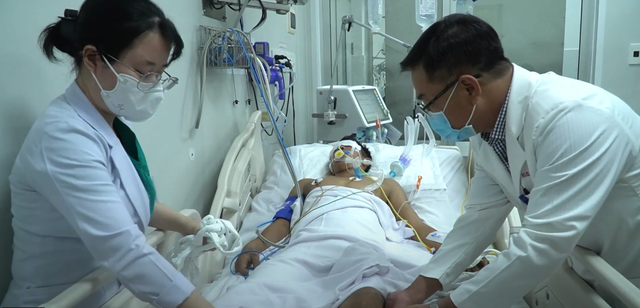
Doctor examines patient on ventilator at Cho Ray Hospital
With the support of the WHO Department for Universal Health Care, Environment and Healthy Lifestyles, WHO has identified the possibility of emergency supply of 6 vials of Botulism Antitoxin Heptavalent (BAT) for Vietnam's urgent need in the treatment of Botulinum poisoning.
WHO and relevant agencies of the Ministry of Health, hospitals... are making efforts to complete procedures to promptly receive this batch of drugs. The Drug Administration has also asked Cho Ray Hospital (HCMC) to contact importers and suppliers to have more sources of drugs.
According to the Ministry of Health, Botulinum poisoning is caused by infection with the bacterial toxin Clostridium botulinum. This poisoning is very rare in Vietnam and around the world. The main cause is that the patient is infected with bacterial toxins in poor quality food, eating poorly preserved foods. From 2020 to now, there have been a few cases in the country each year, recently there were 3 cases in Ho Chi Minh City.
Because this disease is very rare, the supply of the treatment (Botulism Antitoxin Heptavalent - BAT) in the world is also very limited and very expensive. In Vietnam, BAT is not yet on the list of drugs covered by the health insurance fund.
Previously, in addition to licensing and importing conventional commercial drugs, to ensure urgency, in 2020, to serve the treatment of cases of Botulinum toxin infection caused by the use of vegetarian pate containing toxins, the Ministry of Health (Department of Drug Administration) requested WHO to support in finding a source of BAT drugs. At that time, WHO promptly supported 10 vials, contributing to the timely treatment of patients.
According to the leader of the Drug Administration Department, in order to be more proactive with anti-poisoning drugs in particular and drugs with limited supply in general, the Ministry of Health has reported and received approval from the Prime Minister and directed the Ministry of Health to develop a mechanism to ensure rare drugs and drugs with limited supply.
Source link










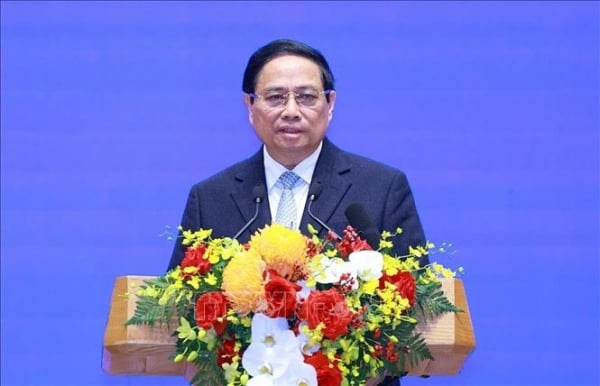



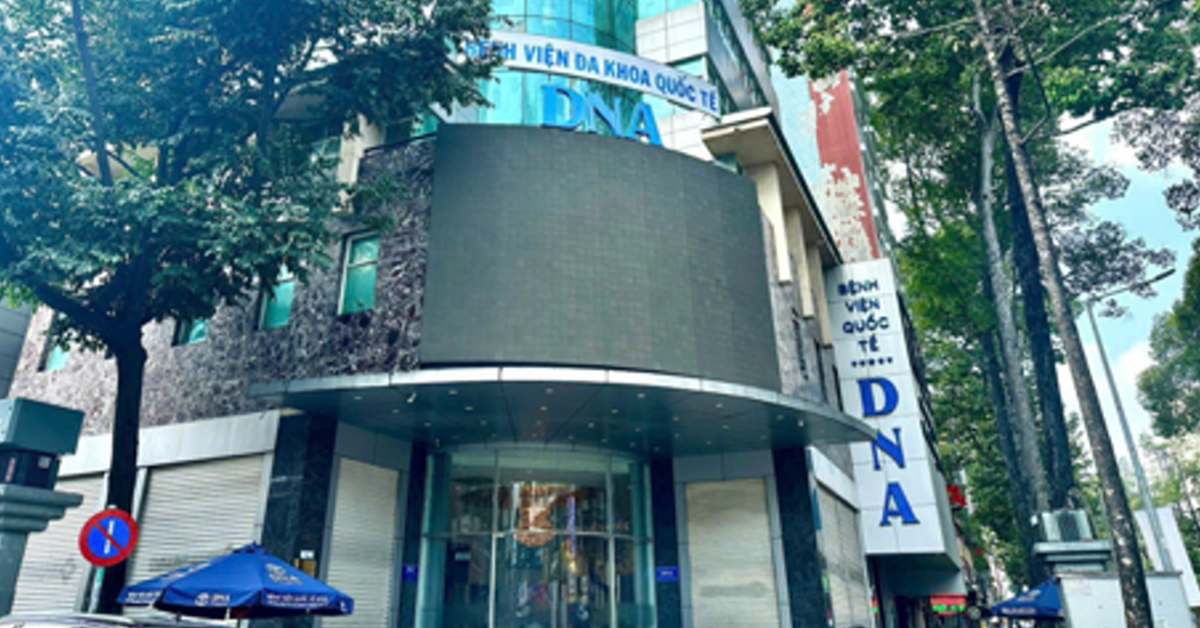

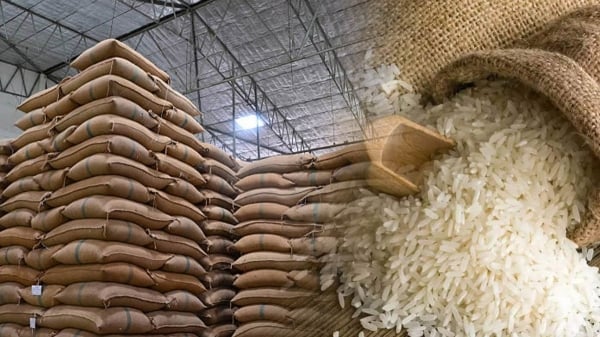


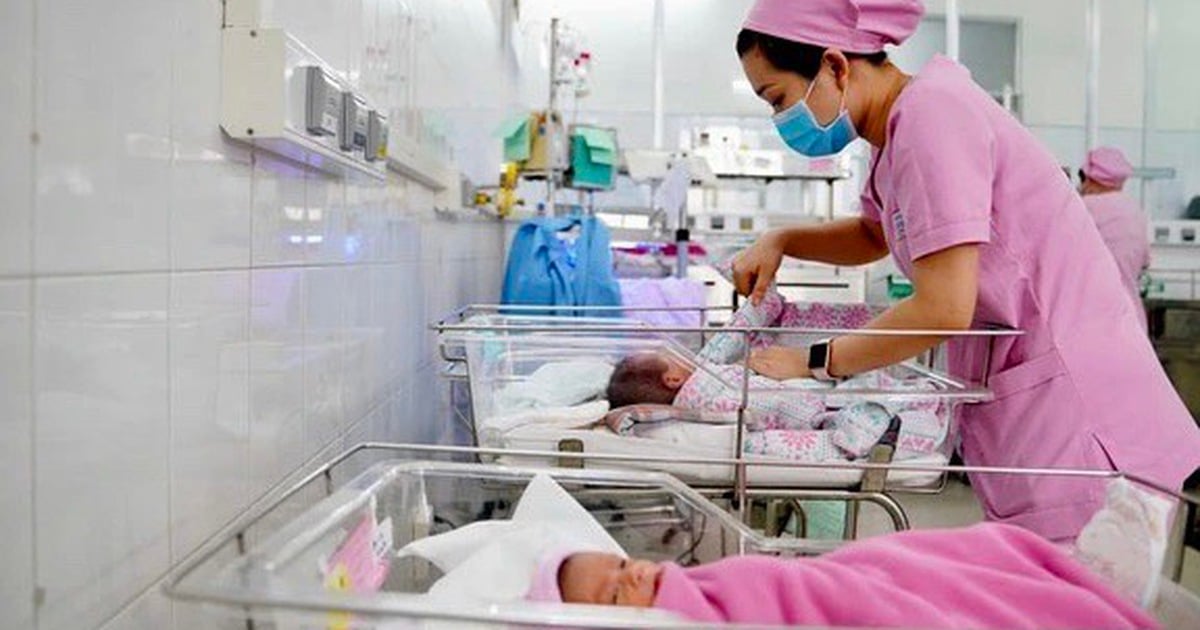
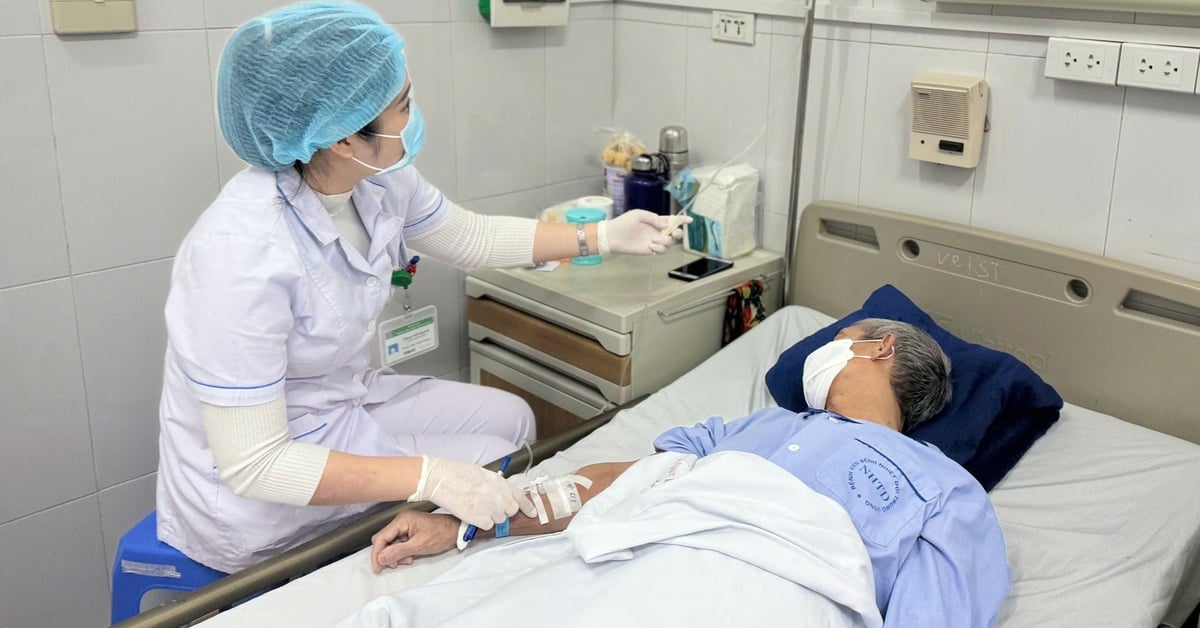
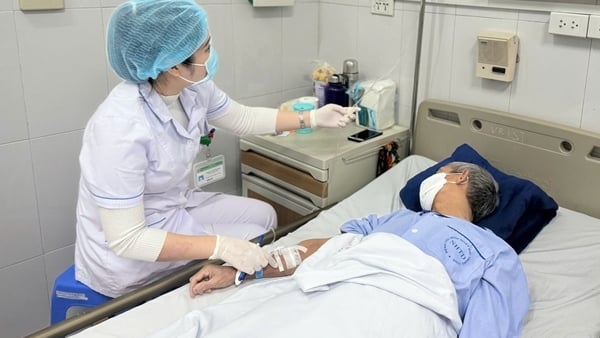



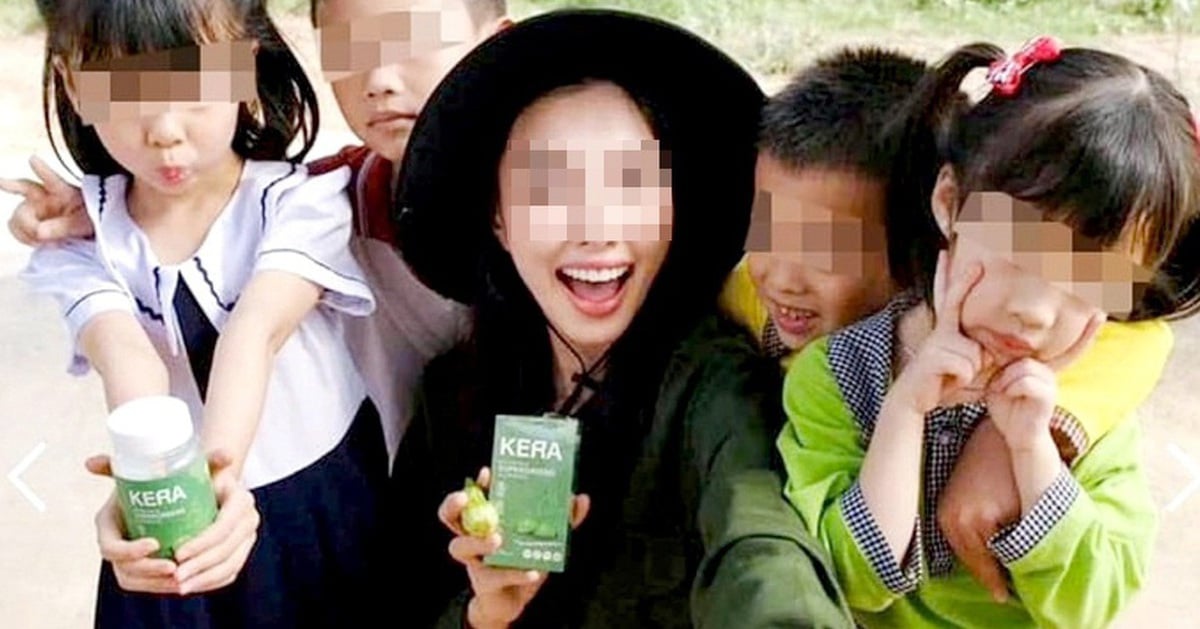
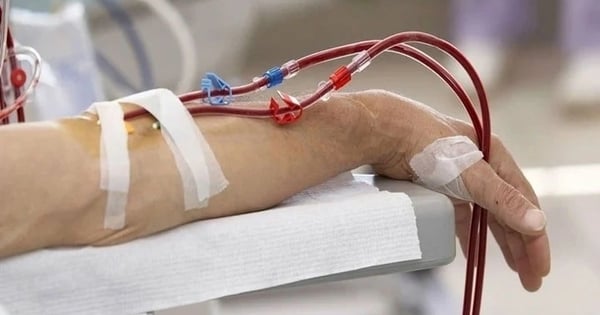

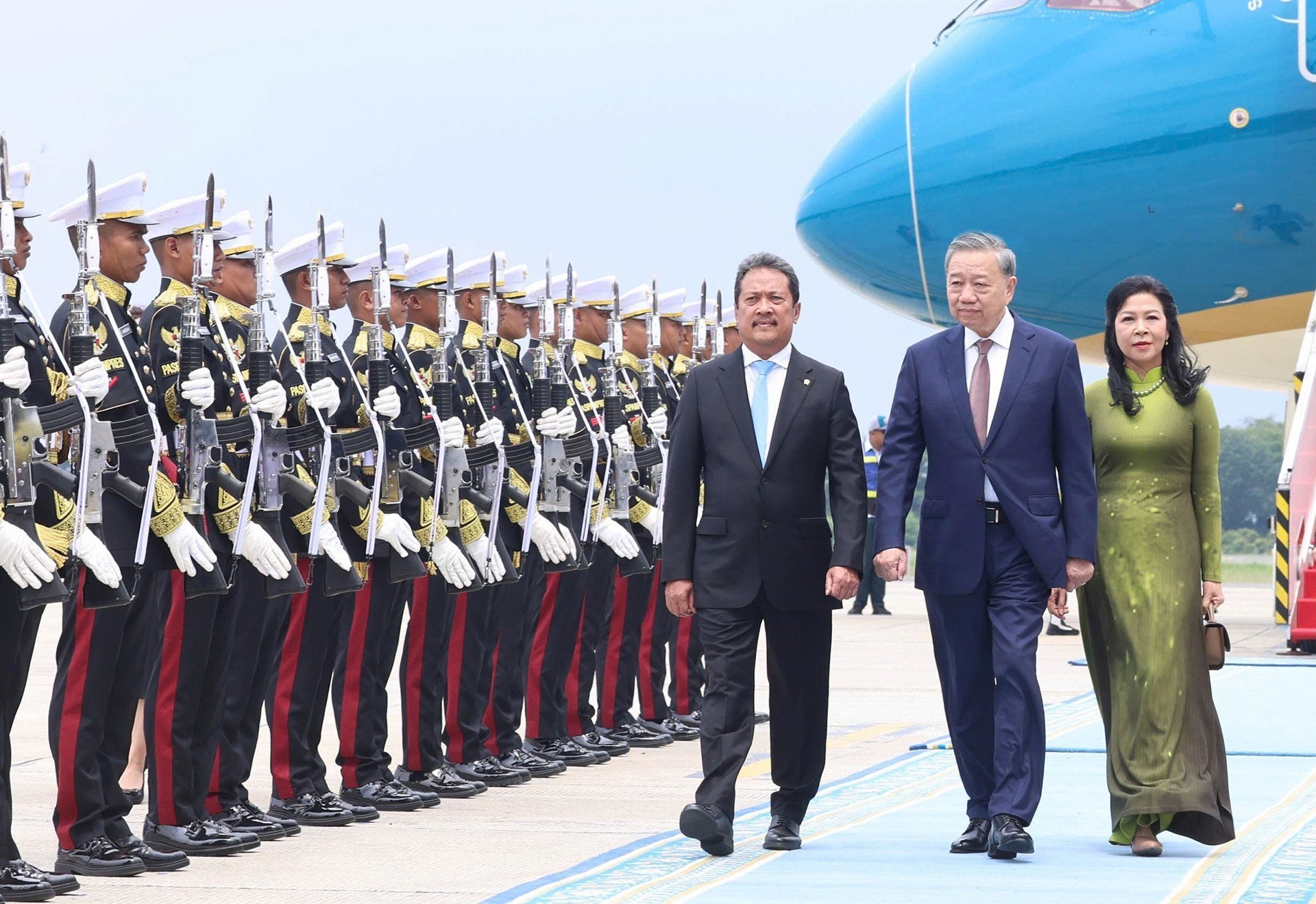


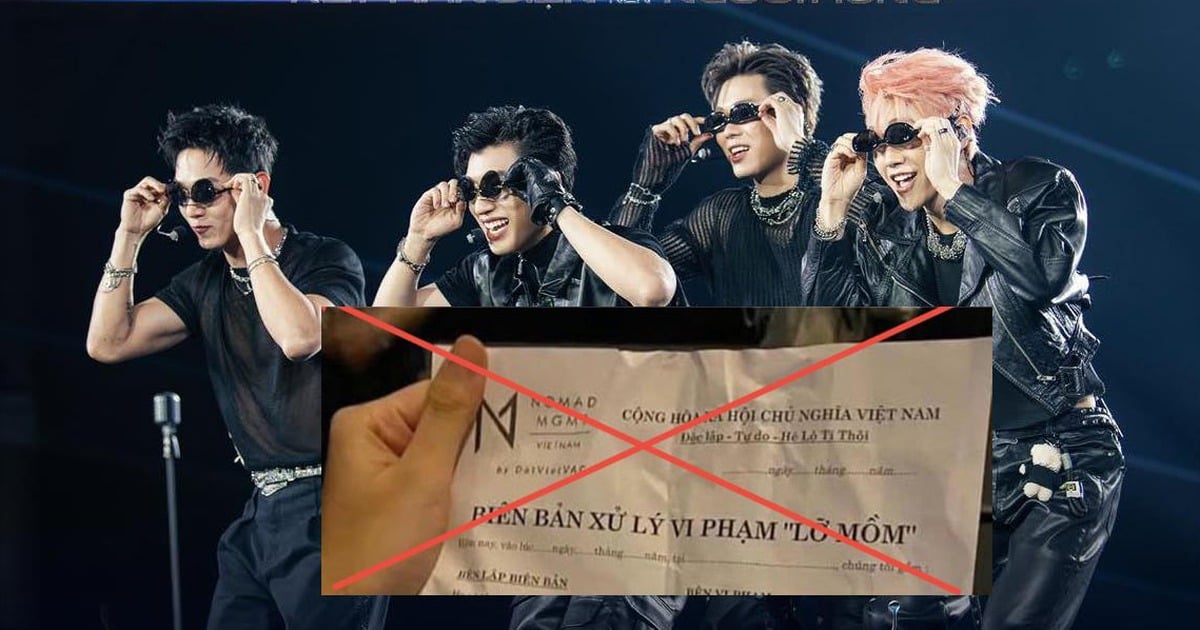

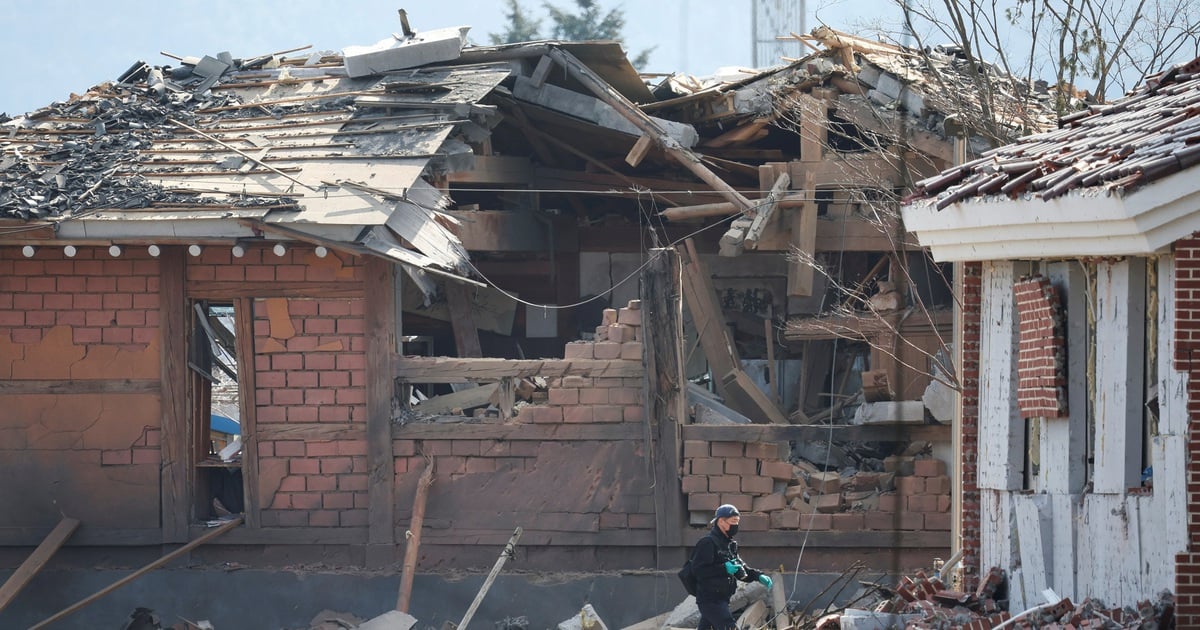







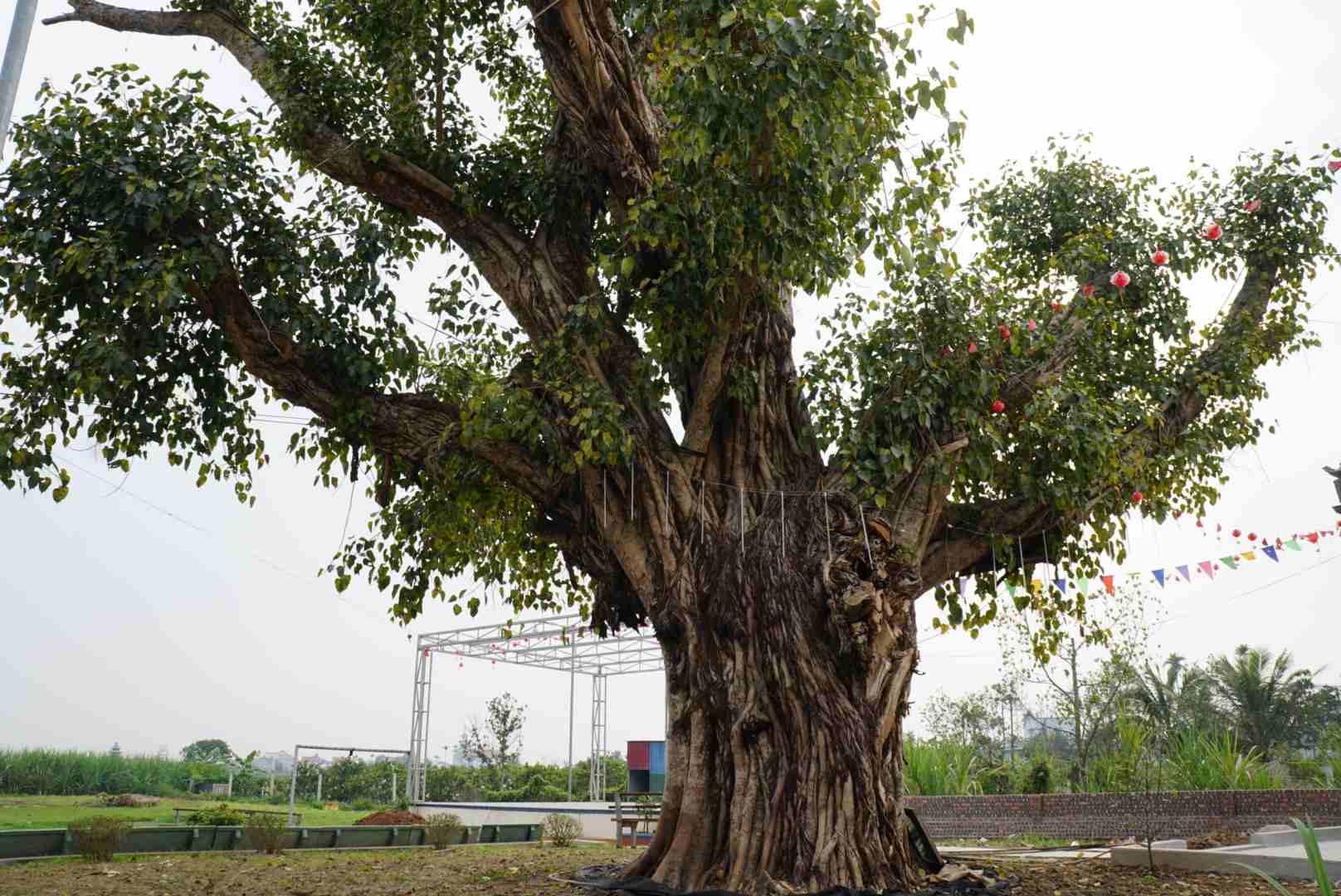





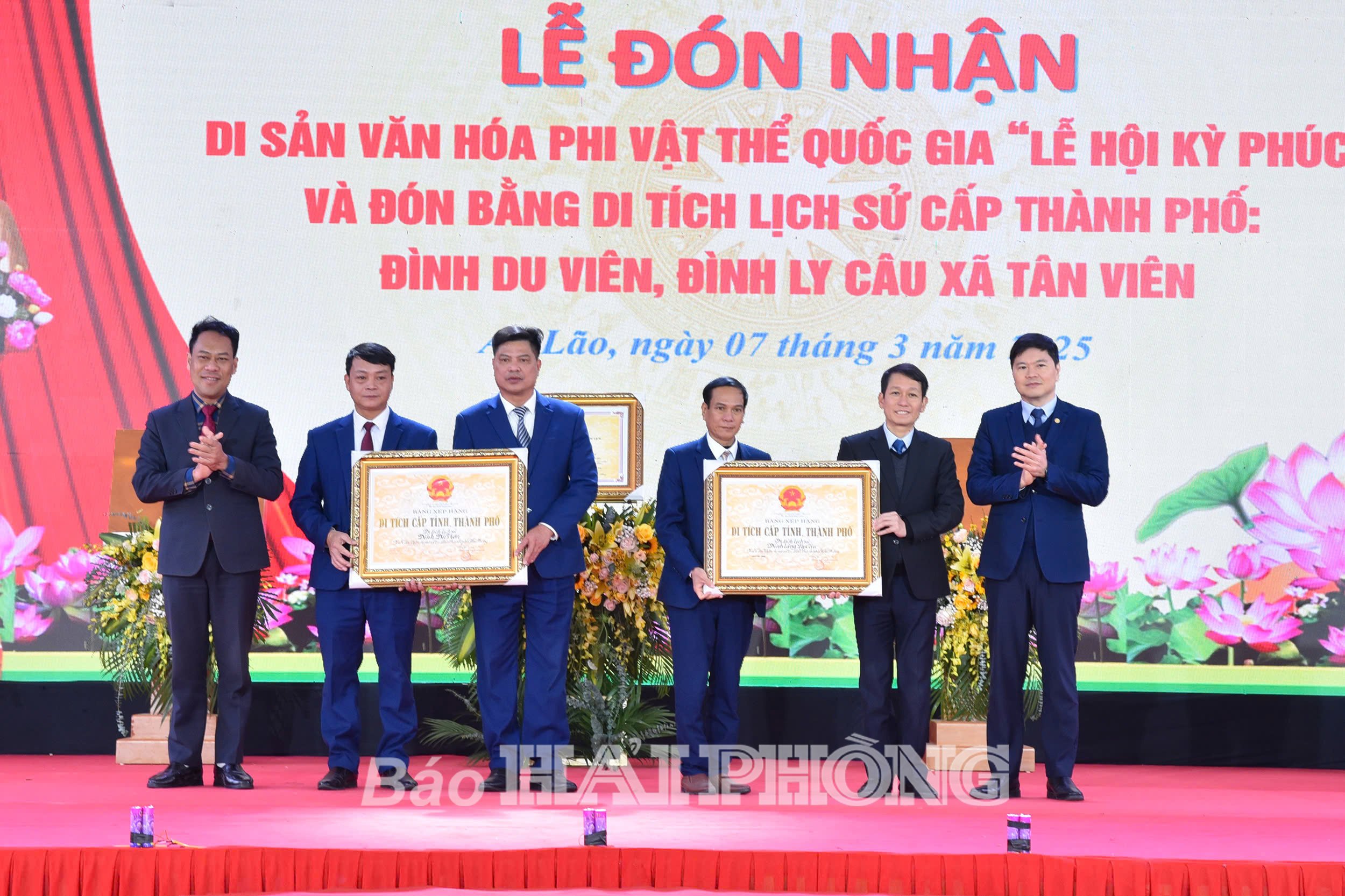
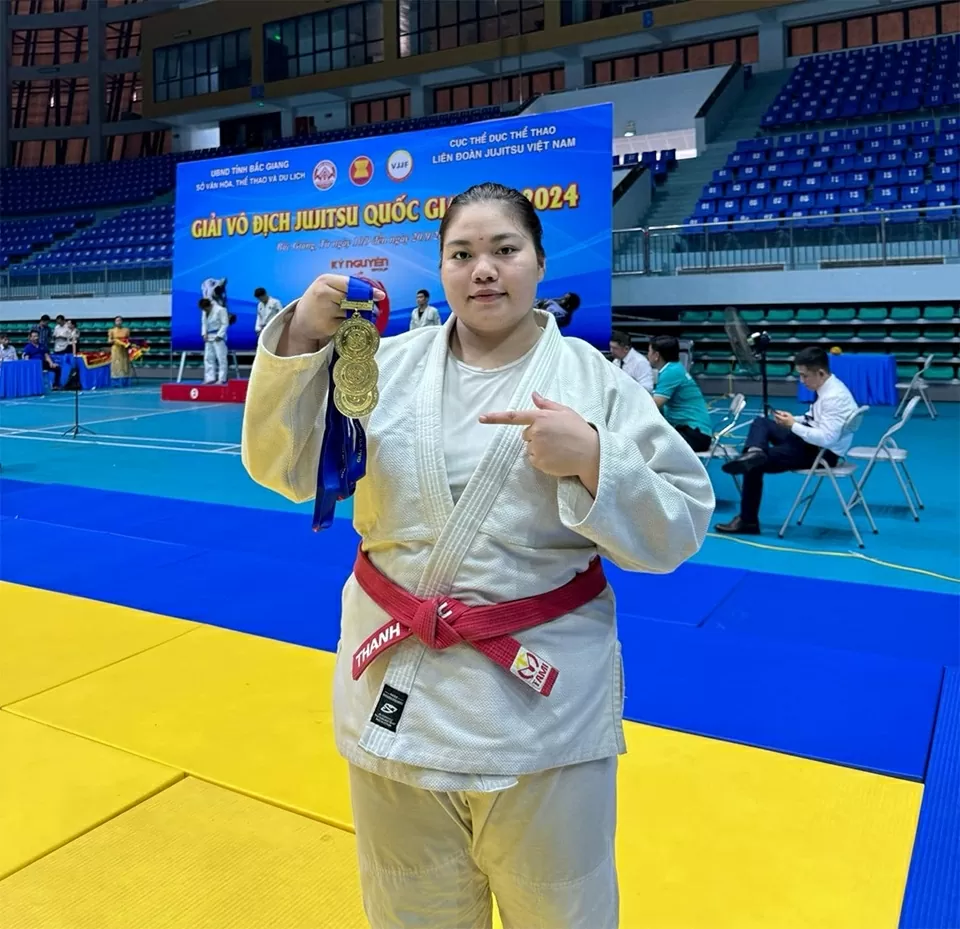
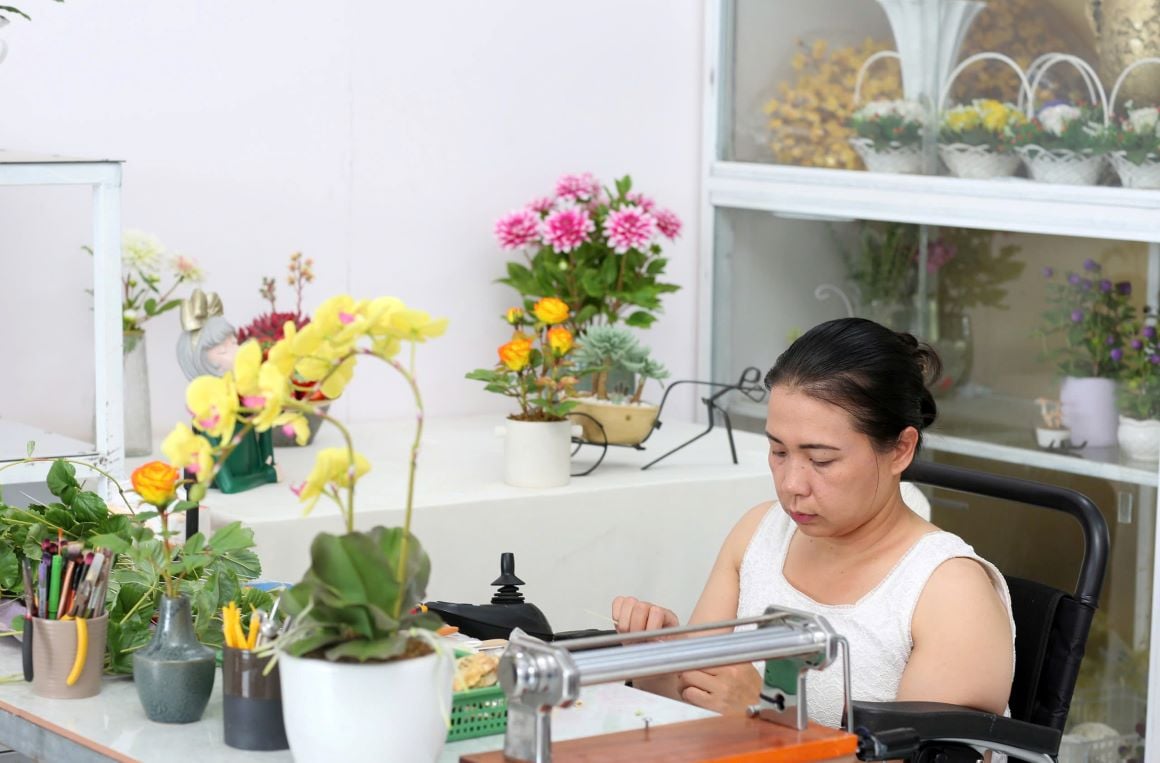


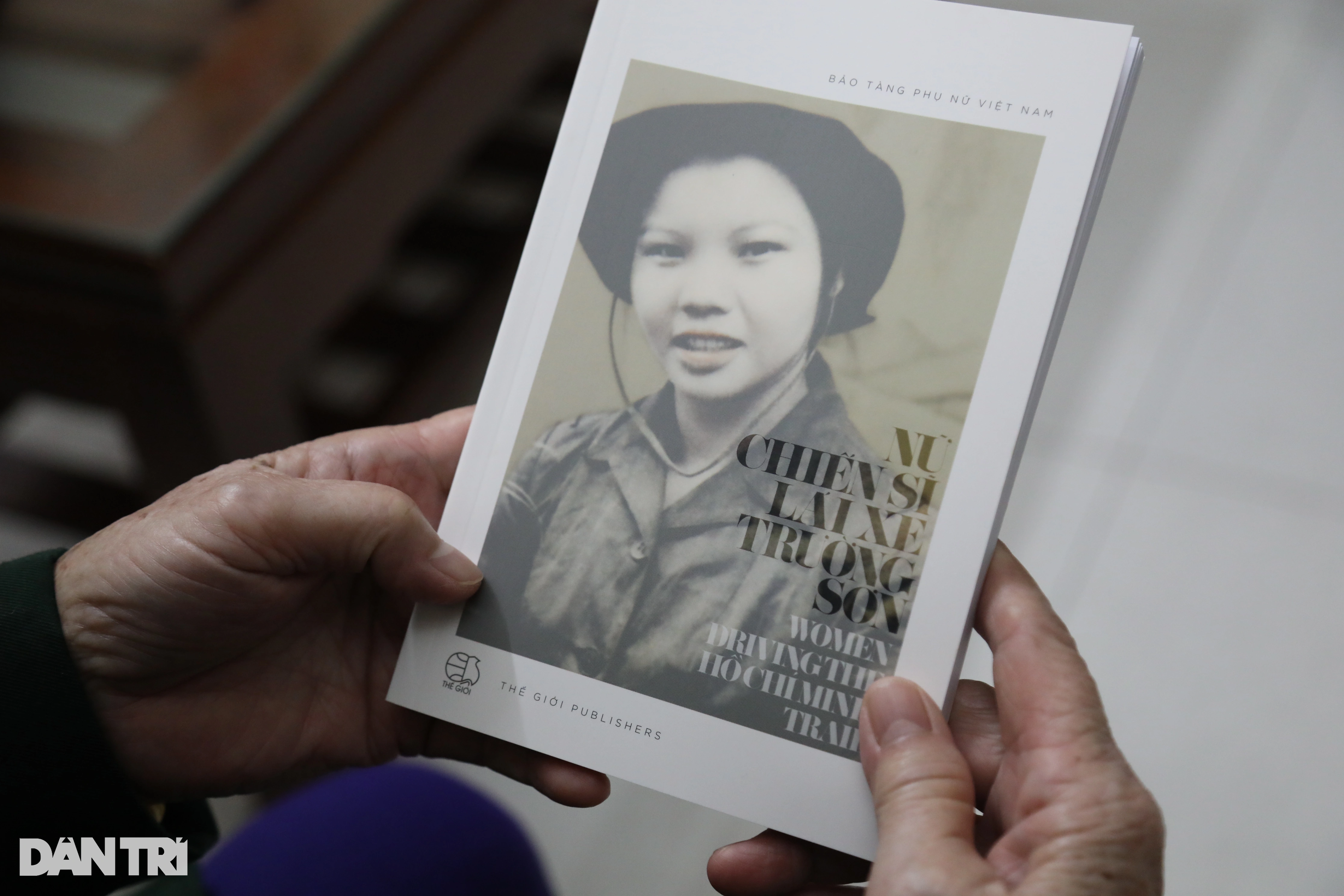
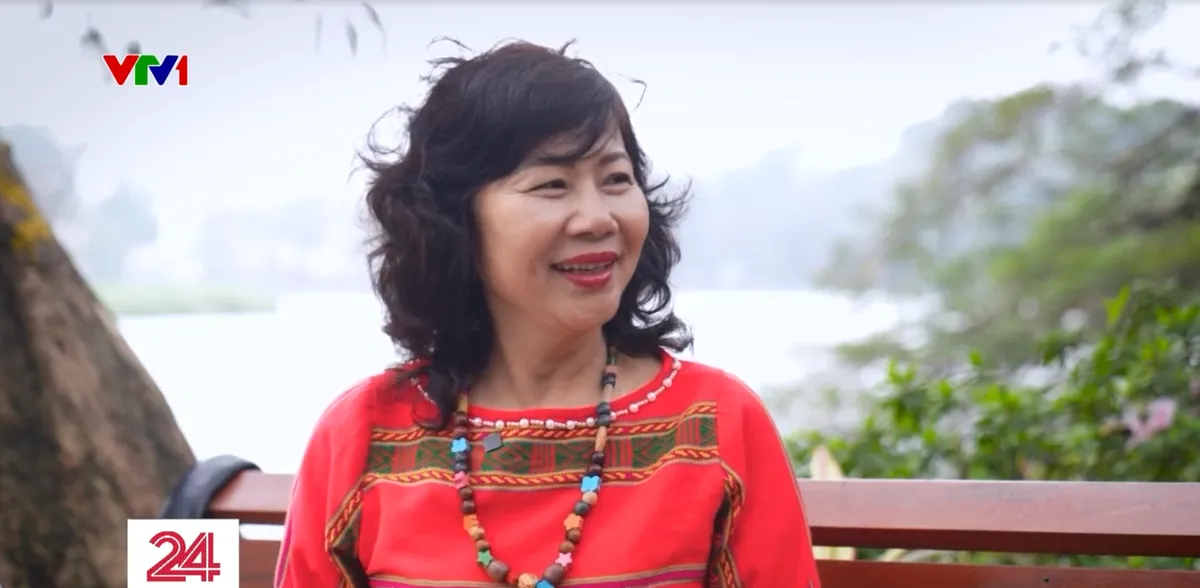










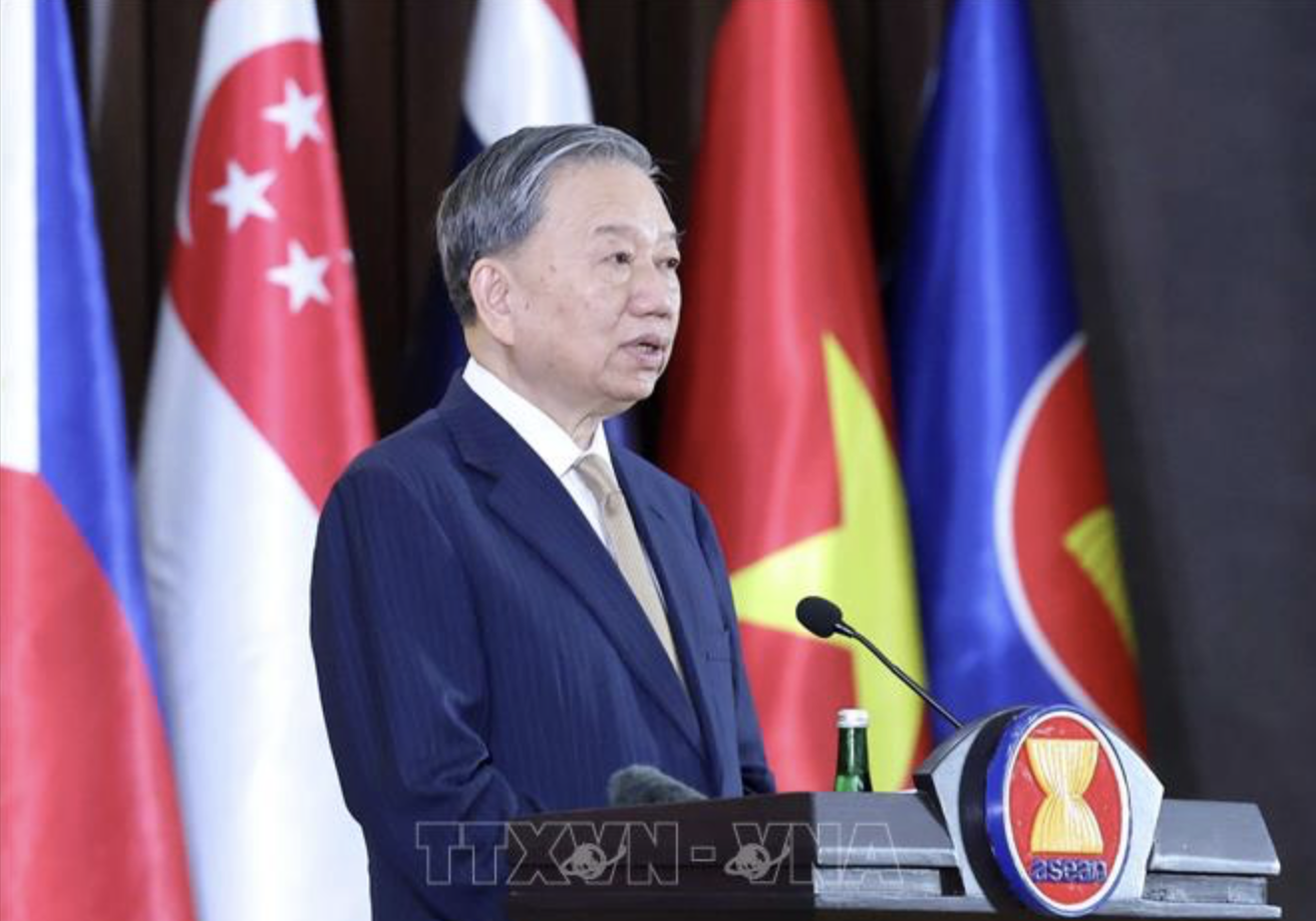

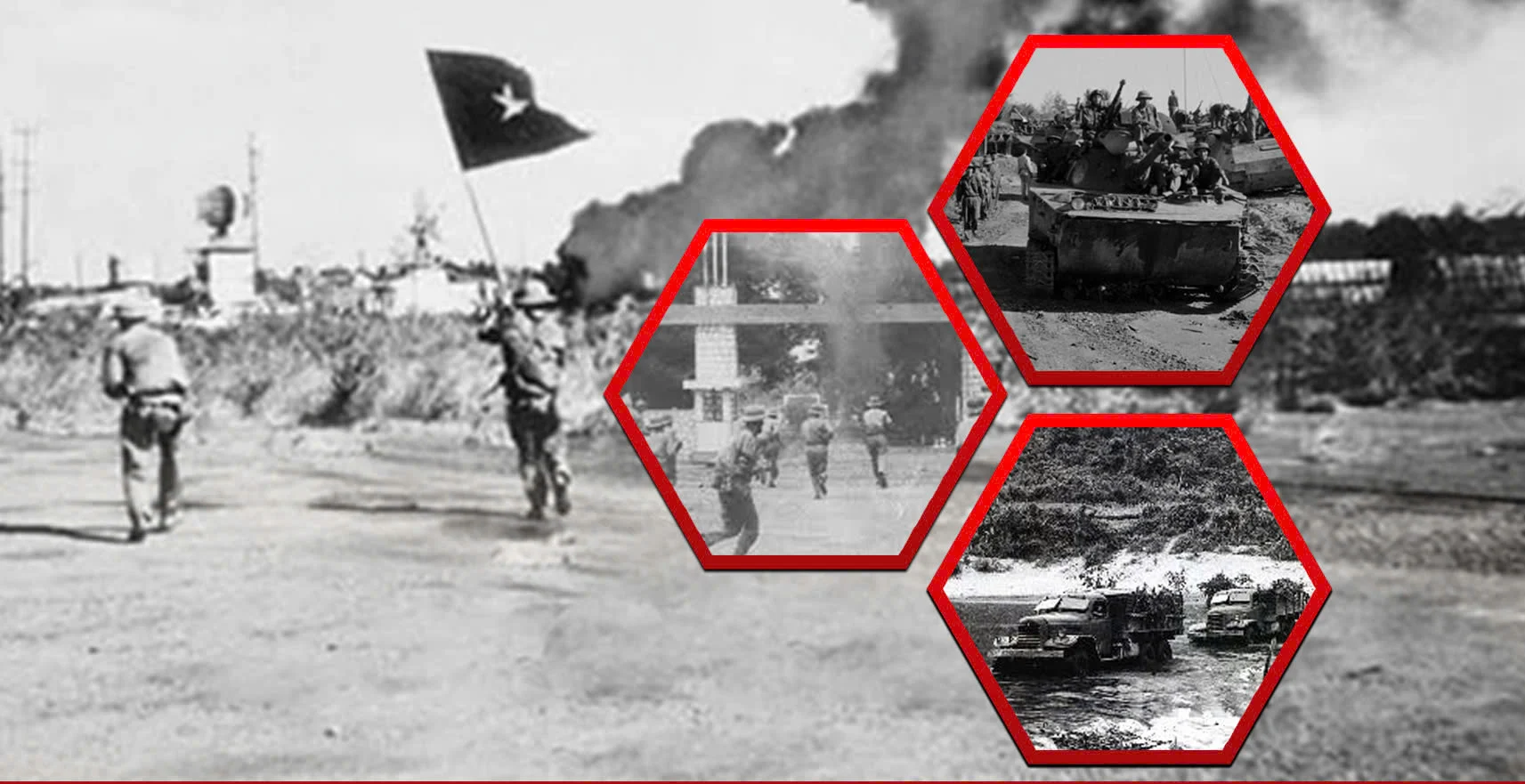

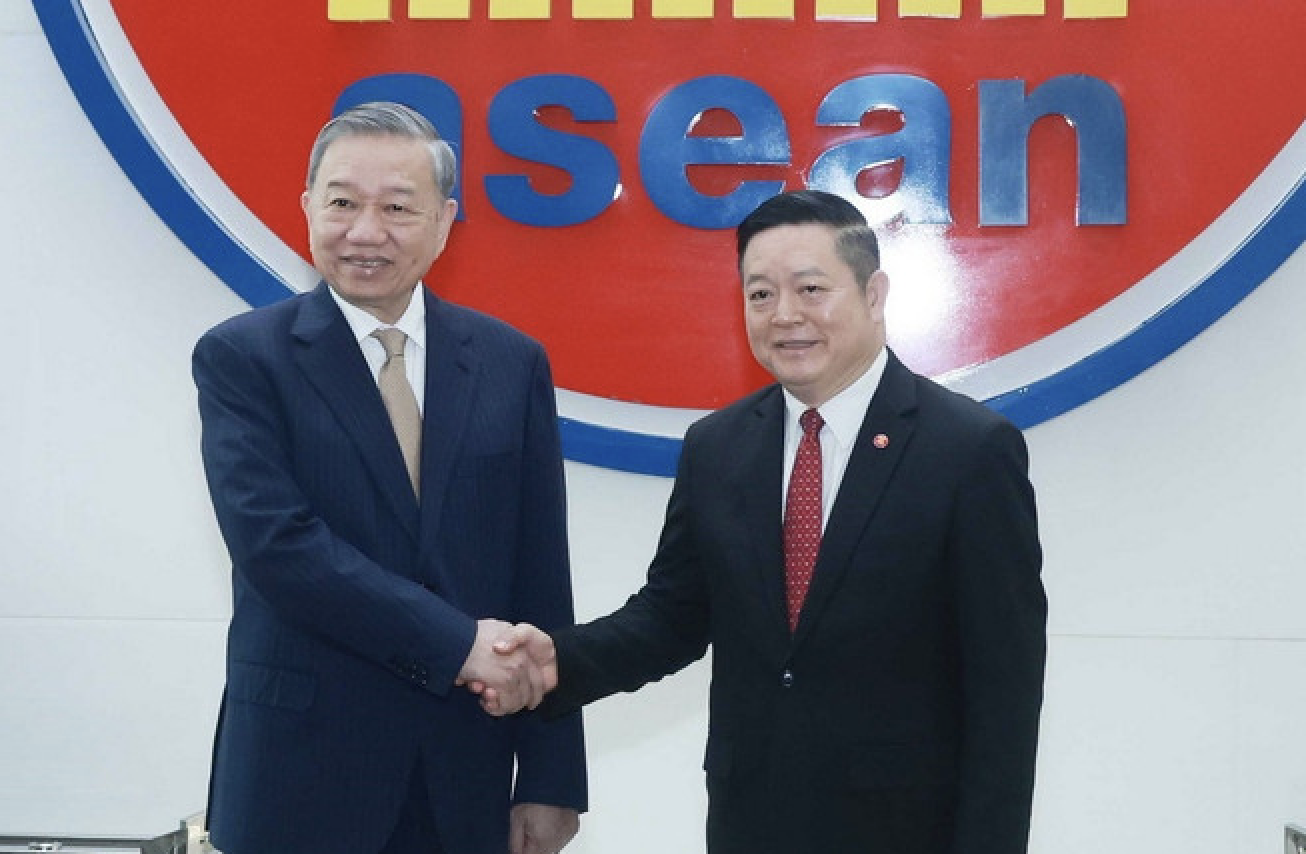



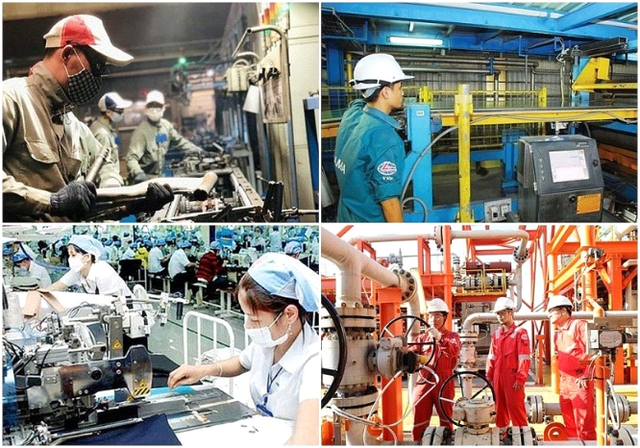

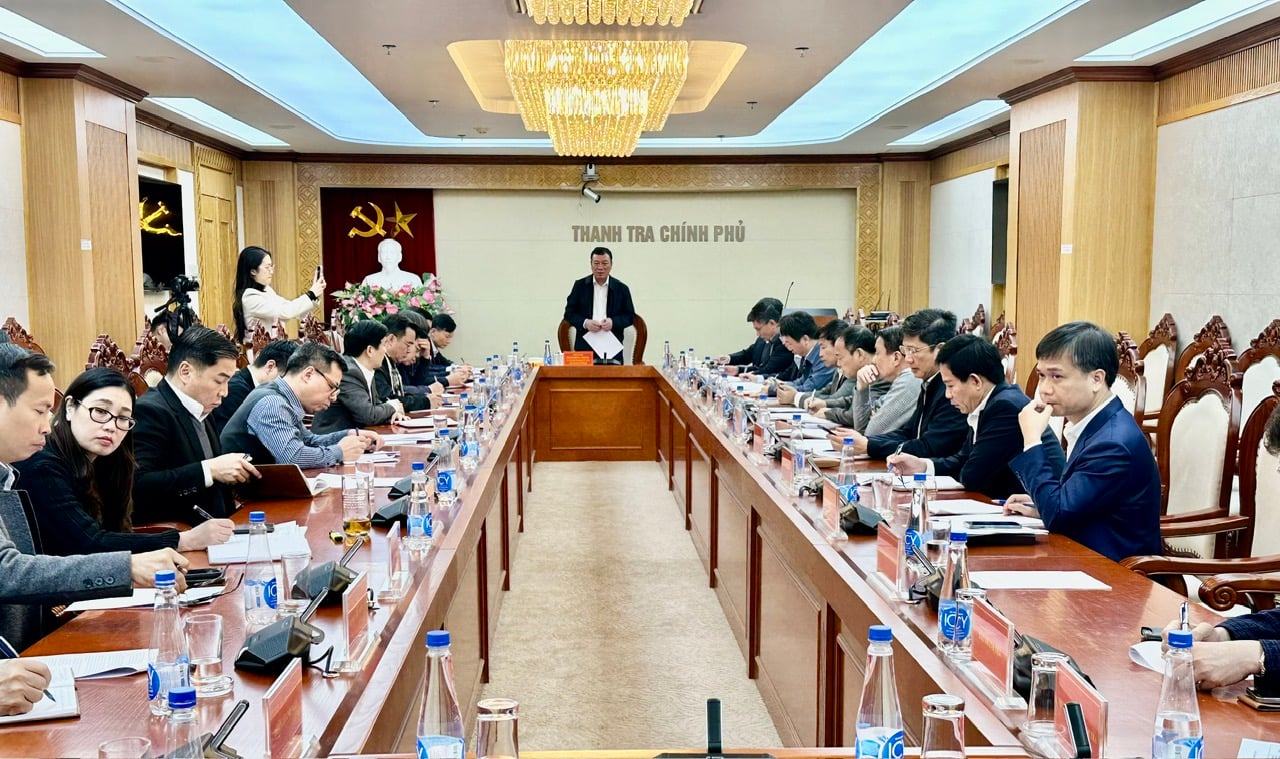



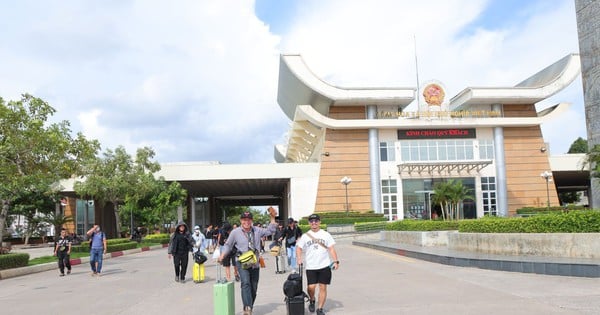
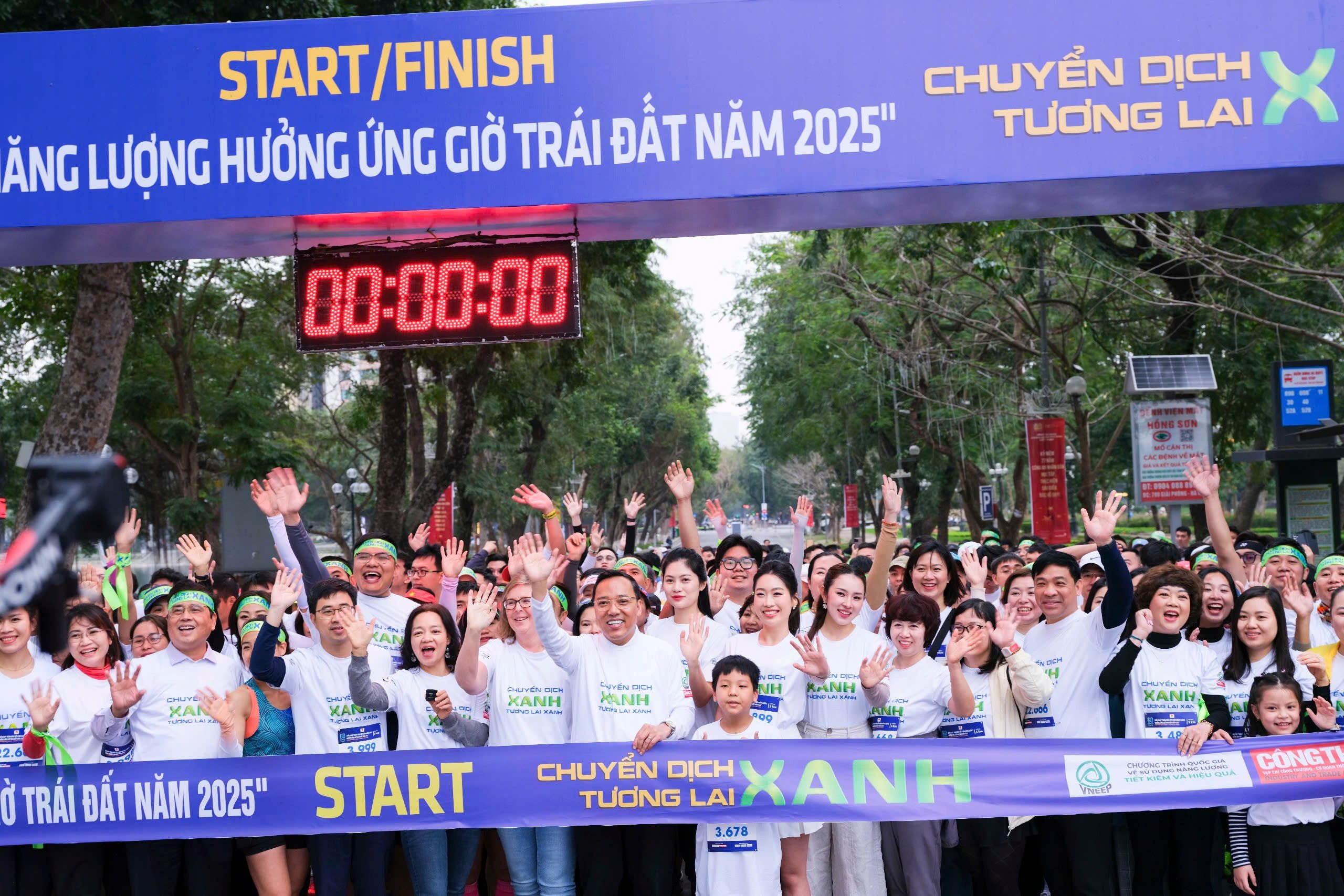








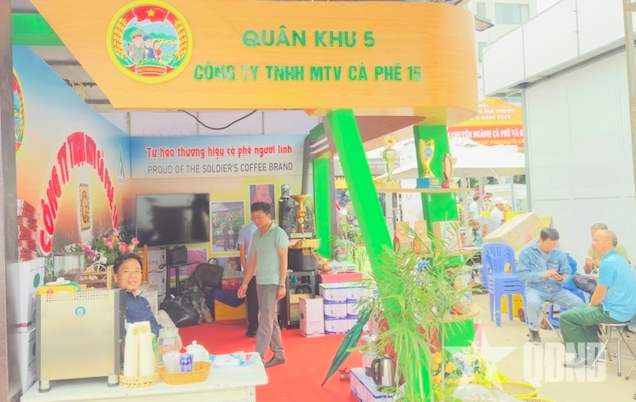

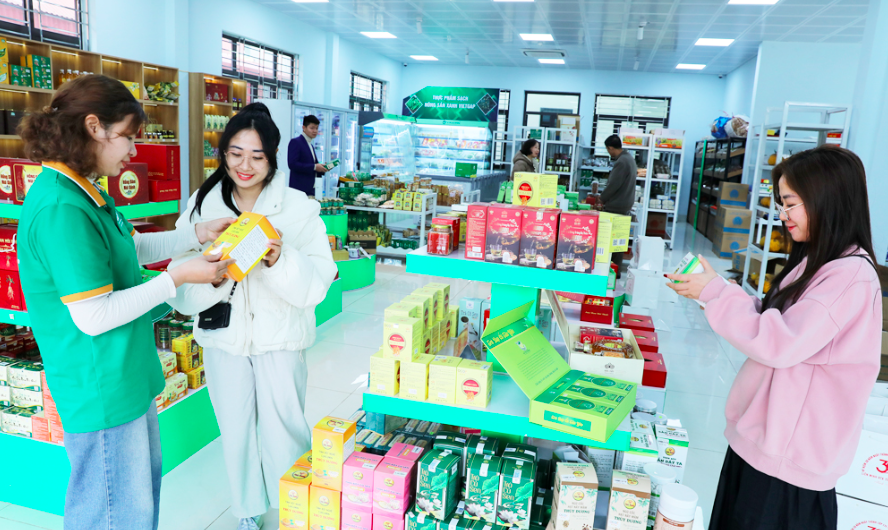
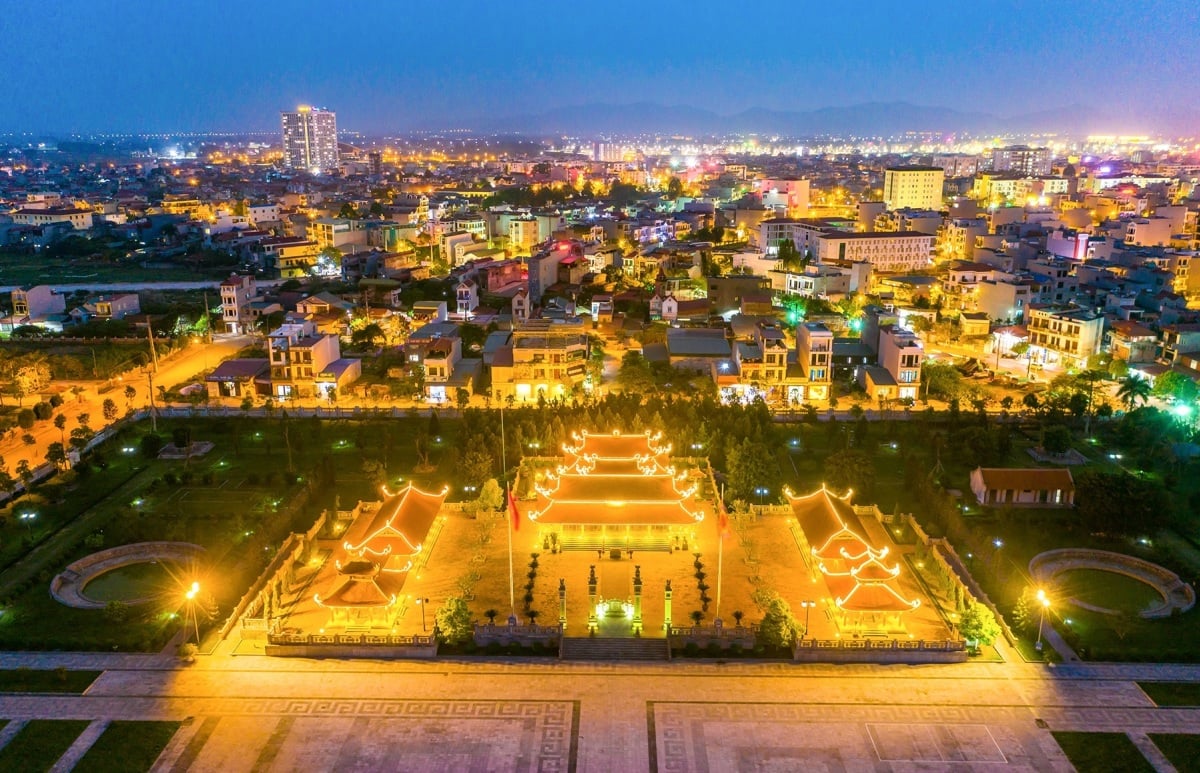
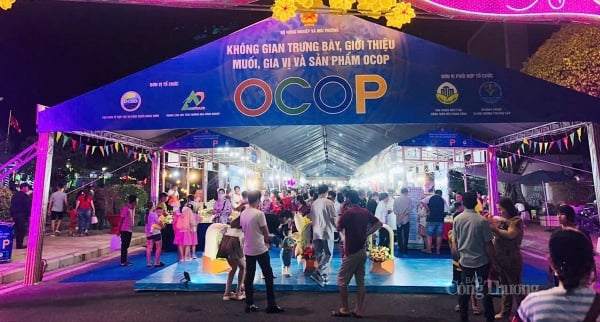
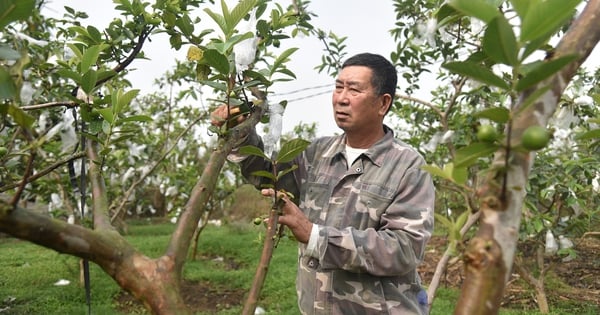

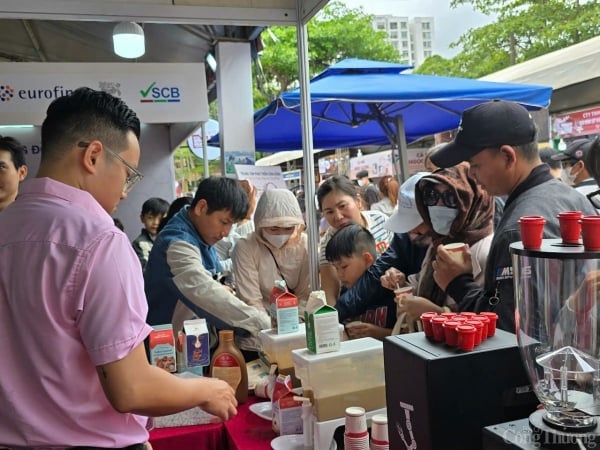

Comment (0)